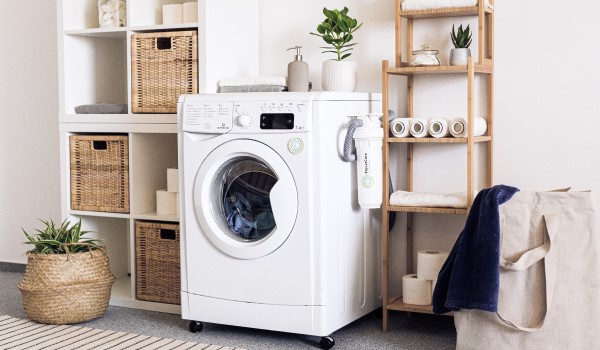Buying a house is daunting. If you’re not a first-time buyer, chances are it’s been a few years since you last went through the intense process of moving to a new house. It won’t surprise you to learn that buying a home is usually the single most expensive purchase you will ever make (and some people do it multiple times, too!).
Here are 10 questions to ask when viewing a house that could help you to make sure that it’s the perfect one for you.
1. How long has the property been on the market?
If it’s been on the market for more than three months it’s a good idea to check why. Maybe there’s a problem with it that you haven’t found yet that only comes to light on a second viewing? Surveys will discover any potential problems but it’s better to find out before you get too attached to the idea of buying a property so asking the estate agent and the owner can be a way of finding out.
2. Has there been much interest in the property?
Ask how many viewings there have been and if any offers have been made. Choose a busy time to view the home, like a Saturday morning, and if other people are viewing before and after you then you know it’s popular. You should also ask if any offers have been made so far – the estate agent will usually tell you although they can’t tell you how much for.
3. What’s the area like?
What are the schools like? What’s the crime rate like? Make sure you do some independent research as well as asking the owners and estate agent as they’re both slightly biased as they want the house to sell. Remember, any house can be renovated but it can’t be moved.
4. How long have the owners lived there?
If the owners are moving after only a short time, why? This could be very important. The owner might just be moving to a different area or a bigger property, but there could be plenty of other reasons that are as unappealing to a prospective buyer as the person that currently lives there. Remember, sellers are legally obliged to let you know about any disputes they’ve had with neighbours.
5. Has there been any major renovations done recently?
If you don’t intend to have a full structural survey on your home make sure you…
- Find out about work that’s been recently done and ask to see evidence, like builder’s receipts or guarantees. Your conveyancer will be able to get these things and the follow couple of items, too
- Make sure you can see planning permission for any recent works and consent of the freeholder (if applicable)
- If proper permission wasn’t obtained for an extension, then you could have to tear it down. A fresh coat of paint could mean the sellers are covering cracks or damp
- Ask to see underneath any rugs to make sure they’re not hiding anything unsightly. Keep your nose trained for the musty smell of damp
- Ask to see behind large picture frames or mirrors if you’re suspecting they’re hiding anything, too.
6. Is the property listed or in a conservation area?
This’ll show up during the conveyancing process but why wait until then? If you buy a listed property the changes you can make both outside and, in some cases, inside too can be restricted, If the property is in a conservation area other restrictions may also apply.
7. What's the water pressure like?
Check the water pressure and plumbing. It may seem silly but imagine going for your first shower in your new home to discover that the it’s just a trickle. Check the taps and shower yourself as you’re looking around. These things may not make or break your decision but they’re recurring expenses that will add to the monthly cost of owning your home and are important to think about.
8. How much will your bills be?
Investigate how much the Council Tax and utility bills are and try and get an exact amount from the owners, if they are at the viewing, for monthly bills. You can even ask the estate agent to ask the seller too.
9. What’s included in the sale?
Is the garden shed or greenhouse included? Are they leaving fixtures and fittings? Exactly where does the boundary lie around the house? Make sure you know what you’re getting for your money. Whether you can purchase extra bits such a furniture in the house will be included in something called Chattels as part of the legal process.
10. Have the sellers found their next property?
When are the sellers planning to move? Being in a chain can create complications for buyers as any delays or complications for the sellers will have a knock-on effect for you but it’s uncommon to move house without any kind of chain. The ideal situation is that the property is chain-free but, if not, knowing the sellers are organised and keen to move quickly can bode well for a quick and uncomplicated sale.
The final checks
Finally, find out whether the property is leasehold or freehold. The listing will probably have this on for you to easily find. If the property is leasehold, how long is left on the lease? A short lease reduces the value of a property, so you'll need to extend when you come to resell. Is it possible to buy the freehold or a share of the freehold? How much is the service charge? Are there any issues with the management company?
Which way does the property face? If you have a garden or terrace then you’ll want to make sure it gets the sun when you want it to – whether you like to wake up with the light streaming through the windows of your bedroom or you prefer sunny summer BBQs in the late afternoon. There's lots of things to think about it can be overwhelming trying to think about it all. Try and chat to someone about the houses that you're considering as it may help to discuss any decisions with another person. Good luck with your house search!









